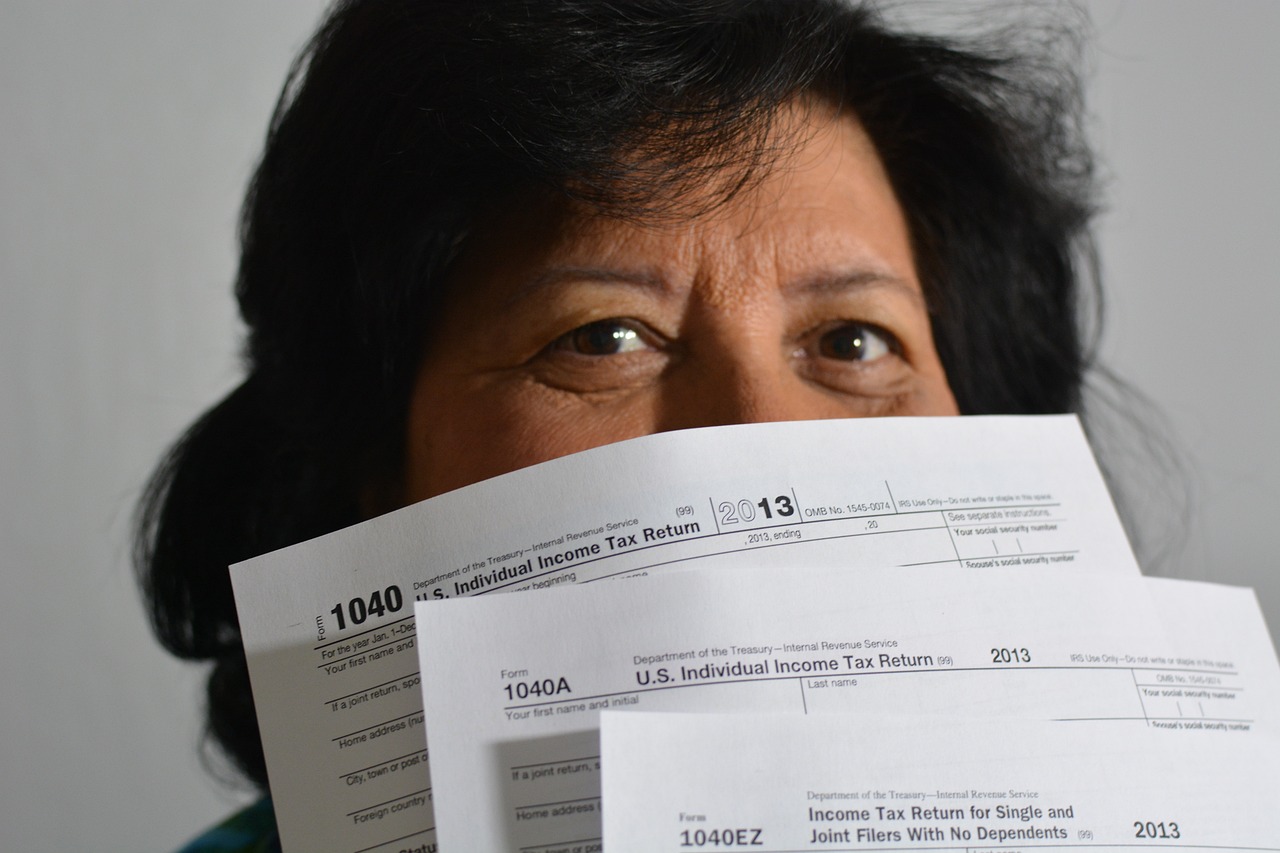In today's world, the concept of tax-free countries has gained significant attention, particularly among individuals seeking to optimize their tax burdens. These countries offer a unique opportunity for people to live and work without the burden of personal income taxes. However, the reasons behind their tax-free policies may not be immediately apparent. Here, we look at the various factors that contribute to a country's decision to adopt a tax-free regime.
Here is a table summarizing the key information about tax-free countries:
Country | Reasons for Being Tax-Free | Pros for Expats | Cons for Expats |
Bahamas | - Stable economy - No income tax, capital gains tax, inheritance tax or gift tax - Relies on VAT and stamp tax revenue | - Attractive tax-free lifestyle - Citizenship not mandatory, permanent residency after 90 days - Relatively low cost of living | - Lacking in medical services - Strict regulations against illegal financial activities like money laundering |
United Arab Emirates (UAE) | - Oil-backed economy - No personal income tax or corporate tax for most businesses | - Tax-free income - No tax registration or reporting obligations | - Certain taxes and fees like VAT, excise taxes, and customs duties - 55% tax rate for oil businesses |
Qatar | - Oil and gas industry profits - No personal income tax | - Tax-free income - Attractive for individuals and businesses seeking to minimize tax liabilities | - 5% VAT on goods and services - Certain industries and activities may be subject to specific taxes or fees |
Kuwait | - Oil industry profits - No personal income tax | - Tax-free income | - Indirect taxes like customs duties on imports - Corporate taxes may apply to foreign companies |
Oman | - Oil and gas industry profits - No personal income tax, property tax, wealth tax, capital gains tax or inheritance tax | - Tax-free income | - Evaluating a Personal Income Tax Regime as part of its 2020-2024 Medium Term Fiscal Plan |
Cayman Islands | - Autonomous region - No income tax, capital gains tax or inheritance tax | - Tax-free income - Attractive for individuals and businesses seeking to minimize tax obligations and maintain privacy | - Offshore financial services industry has facilitated the creation of anonymous shell companies and trusts, enabling tax evasion |
Monaco | - Sovereign city-state on the French Riviera - No income tax for residents and businesses | - Tax-free income | - High cost of living |
Bermuda | - Stable economy - No income tax | - Tax-free income | - Expensive cost of living |
Vanuatu | - Haven for international professionals and entrepreneurs - No income tax on various income sources | - Tax-free income | - Developing country with limited infrastructure and services |
Stable Economies and Government Revenue
One of the primary reasons why certain countries can afford to be tax-free is their stable economies and alternative sources of government revenue. Many of these nations, such as the United Arab Emirates (UAE), Qatar, and Kuwait, have economies heavily reliant on natural resources like oil and gas. The profits generated from these industries allow the governments to cover their expenses without the need for personal income taxes.
Attracting Foreign Investment
Tax-free countries often use their favorable tax policies as a means to attract foreign investment and businesses. By offering a tax-free environment, these nations aim to create a competitive advantage and encourage companies to establish operations within their borders. This strategy can lead to increased economic activity, job creation, and overall growth for the country.
Promoting Tourism and Residency
Several tax-free countries, particularly in the Caribbean region, have found success in promoting their tax-free status as a means to attract tourists and potential residents. Countries like the Bahamas, Antigua and Barbuda, and Saint Kitts and Nevis offer citizenship by investment programs. They allow individuals to obtain a second passport in exchange for a significant investment. This not only brings in revenue but also encourages people to visit and potentially reside in these countries.
Maintaining Financial Privacy
Some tax-free countries have gained a reputation as tax havens due to their strict financial privacy laws and regulations. These nations often have minimal reporting requirements. They allow for the creation of anonymous shell companies and trusts. While this can be attractive for individuals seeking to maintain privacy, it has also led to concerns about potential tax evasion, illegal transfers, and money laundering.
Challenges and Considerations
While tax-free countries may seem appealing, it is important to consider the potential drawbacks/challenges. Many of these nations have limited social welfare programs and may lack adequate infrastructure and public services. Additionally, the cost of living in some tax-free countries can be quite high, particularly in areas like healthcare and education.
It is also crucial to understand the tax implications of residing in a tax-free country. While personal income taxes may be absent, other forms of taxation, such as VAT or value-added tax, excise taxes, and customs duties, may still apply. Furthermore, individuals should be aware of any double taxation treaties between their home country and the tax-free nation they are considering.
In conclusion, tax-free countries offer a unique opportunity for individuals seeking to optimize their tax burdens.








